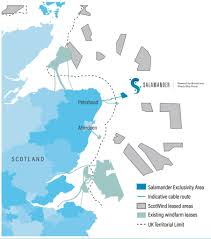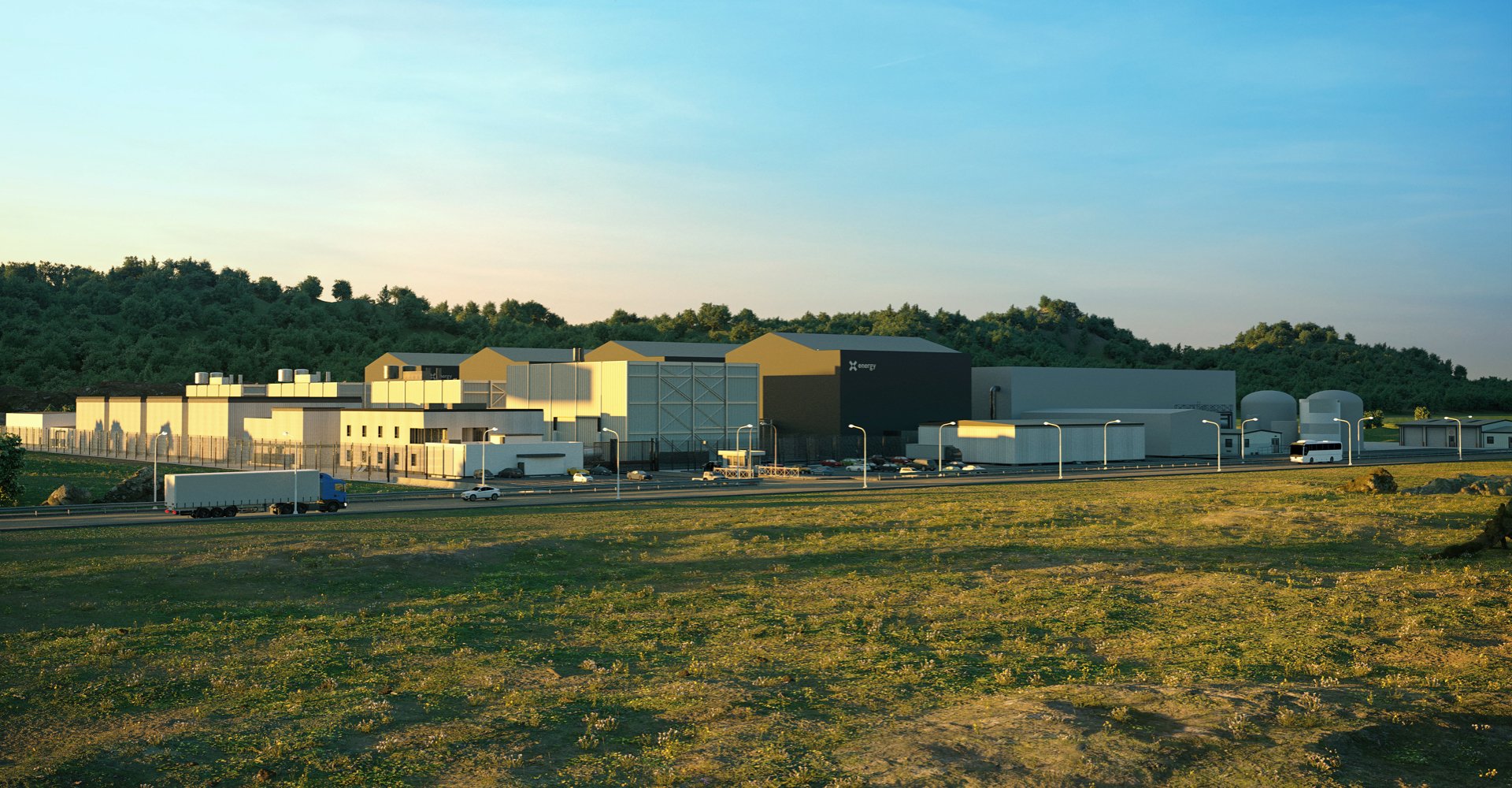
The project is the first fully floating offshore wind farm from the 2022 ScotWind leasing process to reach the point of submitting both offshore and onshore consent applications for determination, following a twelve-month period of consultation with local communities and stakeholders most affected by the development.
“We have listened closely to those impacted by our development and made adjustments to our applications, taking on board their feedback and the sensitivities they have raised, and trust this is reflected in the planning determinations,” said David Hinshelwood, project director for Muir Mhòr Offshore Wind Farm.
If the consent applications are approved in the next nine to twelve months by the Scottish Government and Aberdeenshire Council, Muir Mhòr could start generating clean power in the early 2030s.
The wind farm, whose name means ‘Great Sea’ in Gaelic, will be located off the east coast of Scotland, approximately 63 kilometres from the coast of Peterhead.
The project is said to bring a wide range of benefits, including the creation of a number of jobs during its construction phase and its operation and maintenance phase.
Around 40 per cent of its total contracted spend to date has been awarded to local suppliers and contractors, with companies of all sizes being encouraged to register their interest on the Muir Mhòr supply chain portal, according to the project company.
In total, around GBP 15.7 million in development-related contracts has been awarded throughout the UK, of which GBP 6.31 million has gone to Scottish-based suppliers.
In March 2024, the joint venture partners Vattenfall and Fred. Olsen Seawind opened a strategic hub dedicated to managing the floating offshore wind project.
Once operational, the Muir Mhòr floating offshore wind farm will generate up to 1 GW of renewable energy, enough to supply electricity for the equivalent of up to 1.2 million homes annually, according to the developers.






